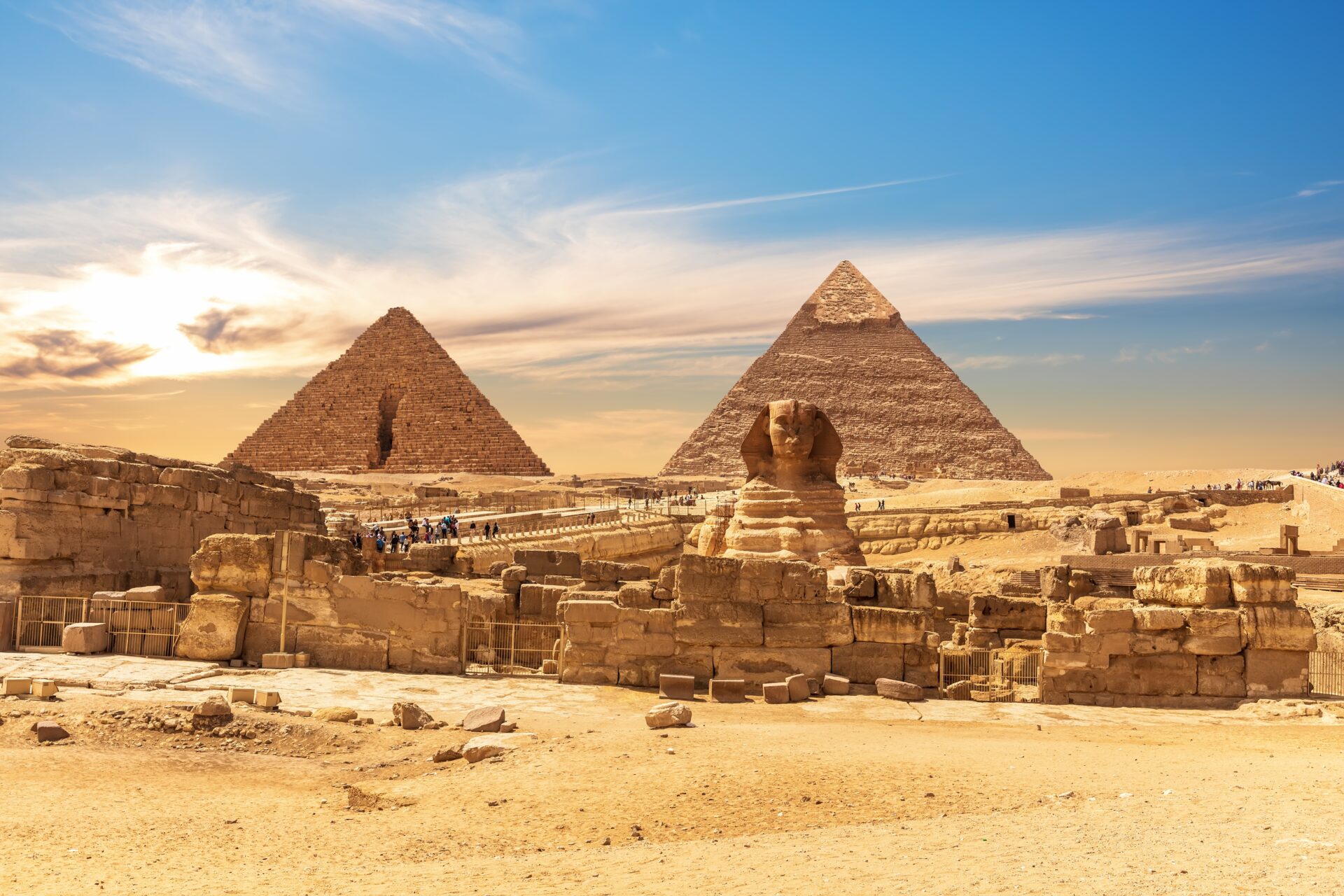
No Deal Yet – Is Putin the POWER Broker?
Iran’s Supreme Leader firmly rejects US demands to stop uranium enrichment, threatening to derail nuclear negotiations as former President Trump draws a hard line on the issue.
At a Glance
- Iran’s Supreme Leader Ayatollah Khamenei has declared Iran will not stop enriching uranium, directly opposing Trump’s demands
- Trump has set a two-month deadline for Iran to halt all uranium enrichment and warned of potential military action if talks fail
- The US proposal would initially allow limited enrichment but require Iran to eventually rely on a regional consortium for nuclear fuel
- Iran demands sanctions relief and recognition of its right to civilian nuclear enrichment before any agreement
- Trump has consulted with Russian President Putin about potentially expanding Russia’s role in the negotiations
Iran’s Hard Stance on Uranium Enrichment
Iran’s Supreme Leader Ayatollah Ali Khamenei has taken a firm position against the latest US proposal for a nuclear agreement, emphatically rejecting demands to halt uranium enrichment. Iranian officials maintain that enrichment capabilities are non-negotiable, with Khamenei describing it as “the key to our nuclear programme.” Iran’s chief negotiator, Foreign Minister Abbas Araghchi, has reinforced this position, stating unequivocally that Iran will not surrender its enrichment capabilities despite mounting international pressure and economic sanctions that have severely impacted the country’s economy.
“Uranium enrichment is the key to our nuclear programme and the enemies have focused on the enrichment. The rude and arrogant leaders of America repeatedly demand that we should not have a nuclear programme. Who are you to decide whether Iran should have enrichment?”, said Ayatollah Ali Khamenei.
The International Atomic Energy Agency (IAEA) has reported that Iran has stockpiled uranium enriched to near weapons-grade levels, raising concerns about potential nuclear weapons development. While Iran insists its nuclear program is purely for peaceful purposes, it has systematically breached the restrictions established in the 2015 nuclear deal after the US withdrawal in 2018 and the subsequent reimposition of sanctions. These violations include exceeding limits on uranium enrichment levels and stockpiles, actions Iran claims are justified responses to the economic pressure applied by Washington.
Trump’s Hardline Position
Former President Donald Trump has adopted an uncompromising stance on the negotiations, insisting that any agreement must include a complete cessation of uranium enrichment by Iran. Trump has established a two-month deadline for Iran to comply with this demand and has publicly warned of potential military action if diplomatic efforts fail. His administration’s proposed deal would initially permit Iran to produce low-enriched uranium under strict international supervision, but only as a temporary measure until a regional consortium could take over production of nuclear fuel for Iran’s civilian needs.
The US proposal would require Iran to dismantle certain nuclear infrastructure once the consortium becomes operational. Trump has expressed frustration with what he characterizes as Iran’s slow decision-making process on the matter. In a significant diplomatic development, Trump has consulted with Russian President Vladimir Putin about potentially expanding Russia’s role in the negotiations, suggesting Moscow might help bring the talks to a faster conclusion—a move that underscores the complex geopolitical dimensions of the nuclear standoff.
#BREAKING The US proposal for a nuclear deal with Tehran is unbalanced and unrealistic, and lacks any clarity regarding sanctions relief, said Nour News, a media outlet close to Iran’s Supreme National Security Council said in a report on Sunday.
Tehran has repeatedly insisted… pic.twitter.com/bQDfzU3qqo
— Iran International English (@IranIntl_En) June 2, 2025
Sanctions Relief and Trust Deficit
A major sticking point in the negotiations centers on sanctions relief. Iranian officials have suggested they might consider a temporary pause in enrichment activities if the United States releases frozen Iranian funds and formally recognizes Iran’s right to enrich uranium for civilian purposes. The economic sanctions reimposed after the US withdrawal from the 2015 agreement have devastated Iran’s economy, making sanctions relief a top priority for Tehran in any new arrangement. However, the US position links sanctions relief directly to Iran’s demonstrated commitment to the terms of any new deal.
The atmosphere surrounding the negotiations has grown increasingly pessimistic, with Iranian officials describing the US terms as unreasonable and expressing deep mistrust of American intentions. This skepticism stems partly from the US withdrawal from the previous agreement despite Iran’s compliance at that time. The ambiguities in the current US proposal, particularly regarding the mechanism and timeline for sanctions relief, have further contributed to Iran’s hesitation. Without clear guarantees on how and when sanctions would be lifted, Iranian negotiators remain reluctant to make significant concessions.
BREAKING – The U.S. nuclear deal proposal authorizes Iran to carry out restricted low-level uranium enrichment on its soil for an undetermined duration.
Sanctions relief to Iran will be granted only after Iran “demonstrates real commitment” to the satisfaction of the US and… pic.twitter.com/2QqMZwEnwn
— Vanguard Intel Group 🛡 (@vanguardintel) June 2, 2025
Regional Implications and Future Outlook
The outcome of these negotiations carries significant implications for regional stability and global non-proliferation efforts. Failure to reach an agreement could potentially accelerate Iran’s nuclear program, increasing the risk of military confrontation or a regional nuclear arms race. The proposed regional consortium approach represents an innovative attempt to address Iran’s stated need for civilian nuclear fuel while preventing potential weapons development, but its implementation faces numerous practical and political obstacles.
“President Putin suggested that he will participate in the discussions with Iran and that he could, perhaps, be helpful in getting this brought to a rapid conclusion. It is my opinion that Iran has been slowwalking their decision on this very important matter, and we will need a definitive answer in a very short period of time!”, said President Donald Trump.
With both sides publicly maintaining rigid positions, the path forward remains uncertain. The potential introduction of Russia as a more prominent mediator adds another layer of complexity to the diplomatic equation. Iran is expected to formally respond to the US proposal in the coming weeks, though the public statements from Khamenei suggest little room for compromise on the central issue of uranium enrichment. The stark contrast between Trump’s demand for zero enrichment and Iran’s insistence on maintaining this capability presents a formidable challenge to negotiators seeking to bridge this fundamental gap.



Stephen Russell
Seeds for WW3